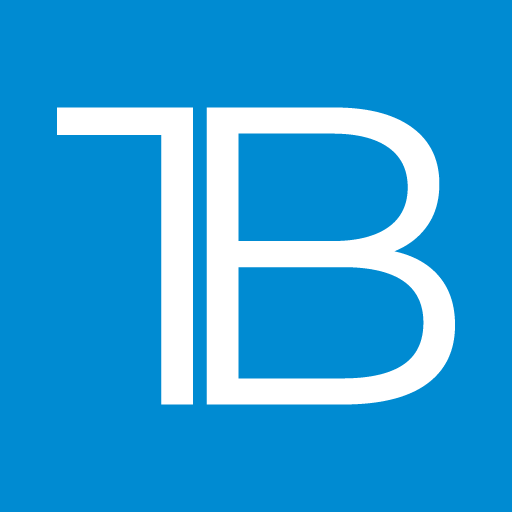XRP Faces New Competition as Google Cloud Universal Ledger Sparks Controversy
0
0

The recent announcement of Google Cloud Universal Ledger (GCUL) has sparked intense controversy in the cryptocurrency industry. Critics say that while it has been hailed as a watershed moment in blockchain adoption for global banking, its centralized architecture may undermine the entire essence of cryptocurrency.
At the core of the debate is a burning question: can GCUL actually rival Ripple’s XRP Ledger, which has long been regarded as the gold standard for cross-border payments?
The Centralized Blockchain Question
Google describes the Google Cloud Universal Ledger as a permissioned, institution-friendly blockchain that includes Python-based smart contracts, compliance tools, and enterprise-grade security. Supporters claim that this strategy makes it a viable option for financial organizations looking for dependability and regulatory clarity.
However, doubt is prevalent. Senator Cynthia Lummis stated,
“Centralization in blockchain must be carefully considered. If control is concentrated in the hands of a few, we risk recreating the system that blockchain was designed to change.”
This opinion is shared by many members of the XRP community, who consider GCUL’s centralized governance as a disadvantage when contrasted to the open, decentralized approach of XRP Ledger.

Ripple vs Google: Two Paths to Payments Innovation
Ripple’s XRP Ledger (XRPL) is a decentralized public chain designed for fast and inexpensive cross-border transactions. It has over 300 financial partnerships and has lately benefited from legal clarity in the United States. XRP’s daily trading volume reaches $2 billion, indicating high liquidity and institutional trust.
In contrast, Google Cloud Universal Ledger is supported by Alphabet’s vast resources and institutional affiliations. Early pilots, notably CME Group, have already tested tokenized settlements, with costs purportedly reduced by 30%. “This is about designing infrastructure for scale and trust,” explained a Google Cloud spokesman. “GCUL is not about retail speculation, but about powering the global economy.”
Potential Impact on XRP
If successful, GCUL may attract huge financial institutions seeking regulatory certainty, perhaps drawing collaborations away from Ripple. Nonetheless, researchers emphasize that XRP benefits from a first-mover advantage and extensive liquidity pools.
According to John Deaton, a cryptocurrency lawyer,
“XRP is battle-tested after years of regulatory fights.” “GCUL may appeal to institutions, but it will not easily replace XRP’s role in decentralized finance.”
Finally, GCUL’s ascent has the potential to broaden blockchain’s institutional reach while not necessarily eliminating XRP. Instead, both may coexist, providing distinct market needs: Ripple focuses on decentralized rails, while Google provides centralized compliance-driven solutions.
Outlook
The Google Cloud Universal Ledger will be commercially available in 2026. With regulatory scrutiny expanding worldwide, its compliance-first concept may gain corporate acceptance.
However, the argument between decentralization vs control persists. Whether GCUL emerges as a real “XRP killer” or just another alternative in the increasing blockchain toolset will be determined by execution, adoption, and regulatory clarity.
Conclusion
The debut of the Google Cloud Universal Ledger highlights the increasing rivalry in blockchain infrastructure. While others believe that its centralized nature contradicts cryptocurrency’s ethos, institutions may perceive it as a secure and legal conduit to tokenized banking.
XRP, on the other hand, is still doing strong, because to its decentralization and global popularity. The following years may not award a winner, but rather showcase two opposing perspectives on blockchain’s role in the financial future.
Glossary
Blockchain: A decentralized ledger technology used to record transactions securely.
XRP Ledger (XRPL): Ripple’s blockchain for cross-border payments, known for speed and low fees.
Smart Contracts: Self-executing agreements coded on blockchain platforms.
Permissioned Blockchain: A network controlled by an entity, restricting who can participate.
Liquidity: The ease with which an asset can be bought or sold without affecting its price.
Tokenization: Converting real-world assets into digital tokens on a blockchain.
FAQs for Google Cloud Universal Ledger
1. What is Google Cloud Universal Ledger?
It is Google’s permissioned blockchain designed for financial institutions, featuring Python-based smart contracts and compliance tools.
2. Is GCUL really an “XRP killer”?
Critics call it an XRP rival, but most analysts believe XRP and GCUL serve different markets, with XRP remaining decentralized and GCUL built for institutions.
3. How does GCUL affect XRP’s price outlook?
While some partnerships may shift to GCUL, XRP maintains strong liquidity and legal clarity, which may help stabilize its market position.
4. When will GCUL launch commercially?
Google plans a full rollout in 2026, after ongoing pilots with institutions like CME Group.
Read More: XRP Faces New Competition as Google Cloud Universal Ledger Sparks Controversy">XRP Faces New Competition as Google Cloud Universal Ledger Sparks Controversy
0
0
 Manage all your crypto, NFT and DeFi from one place
Manage all your crypto, NFT and DeFi from one placeSecurely connect the portfolio you’re using to start.







